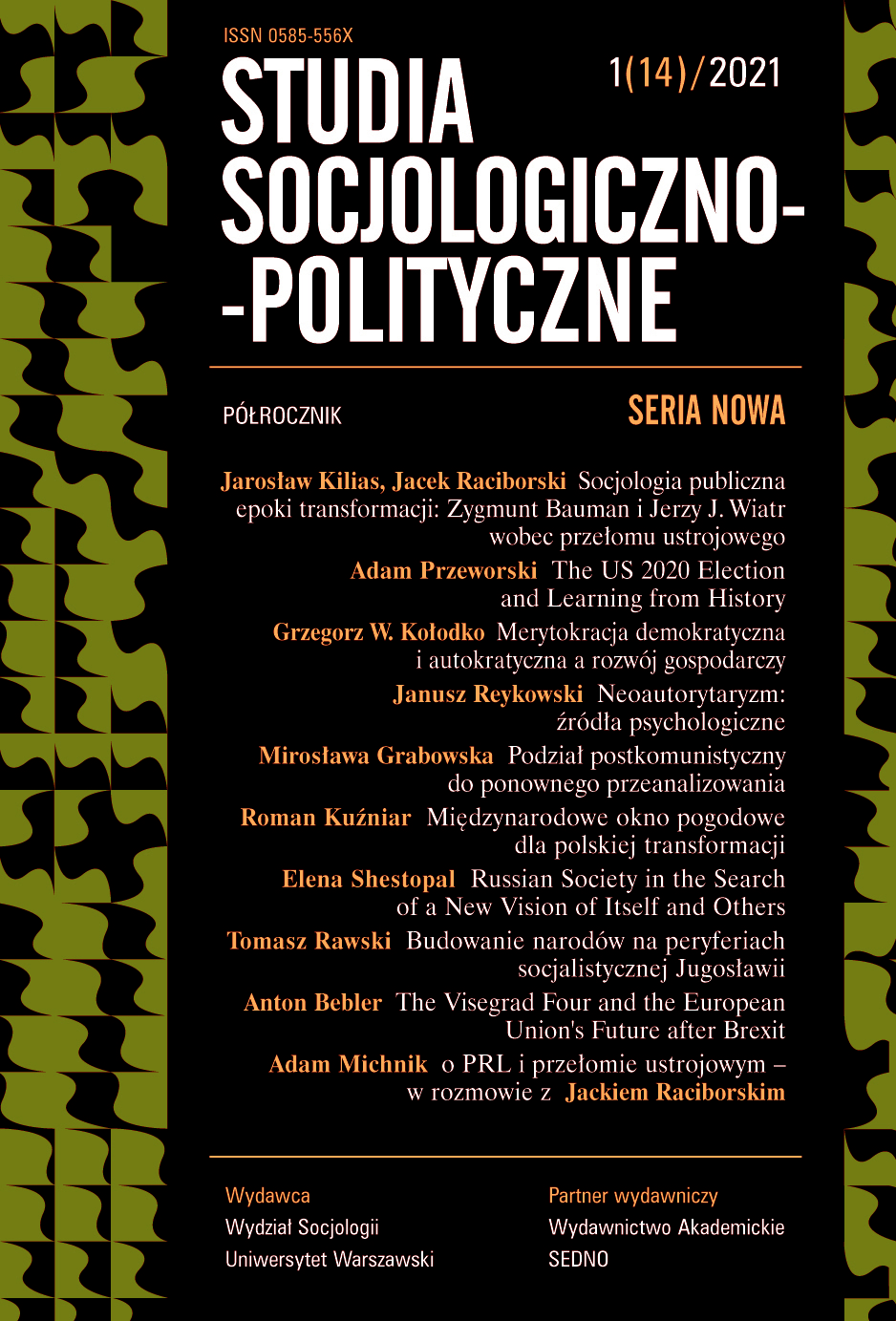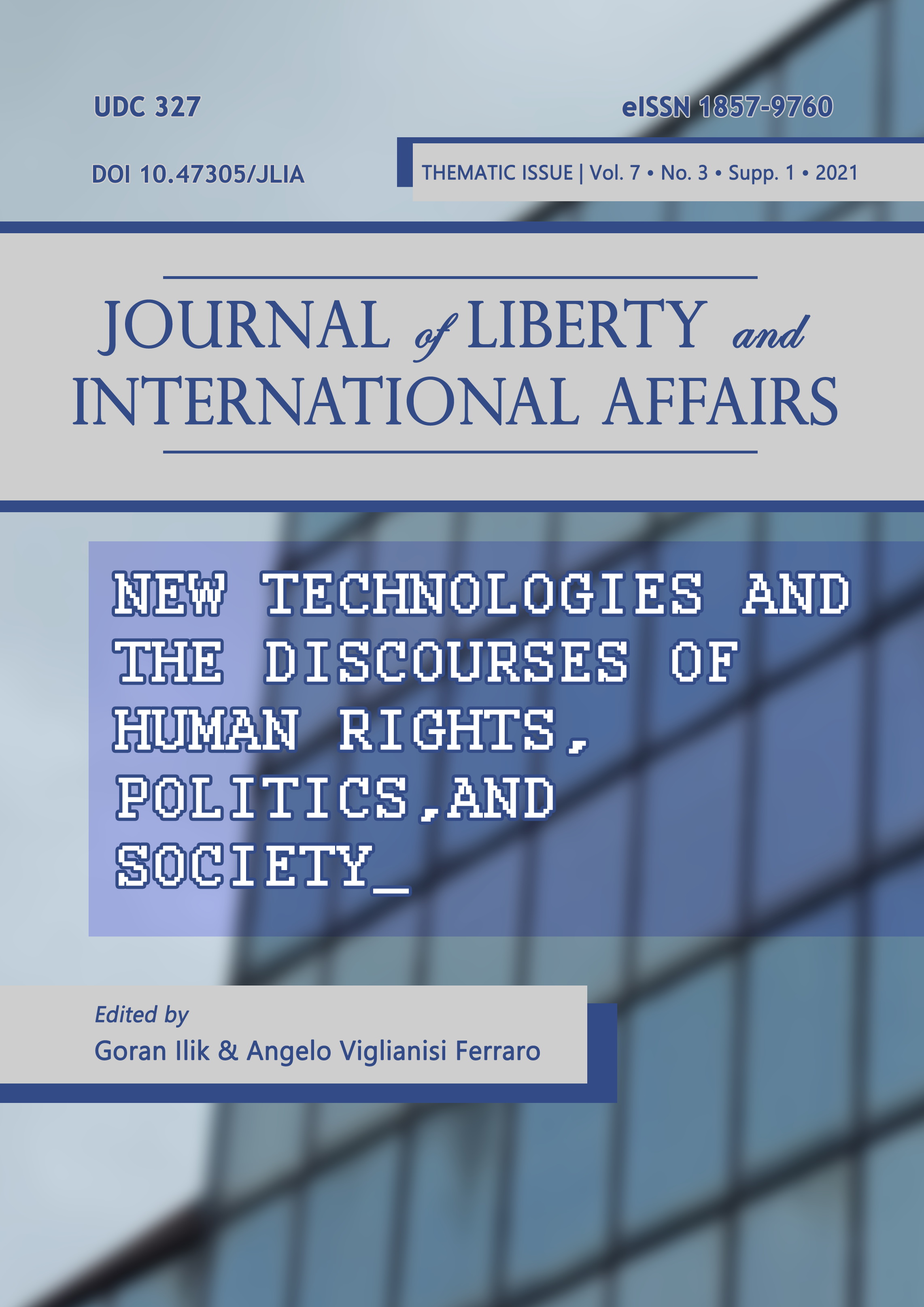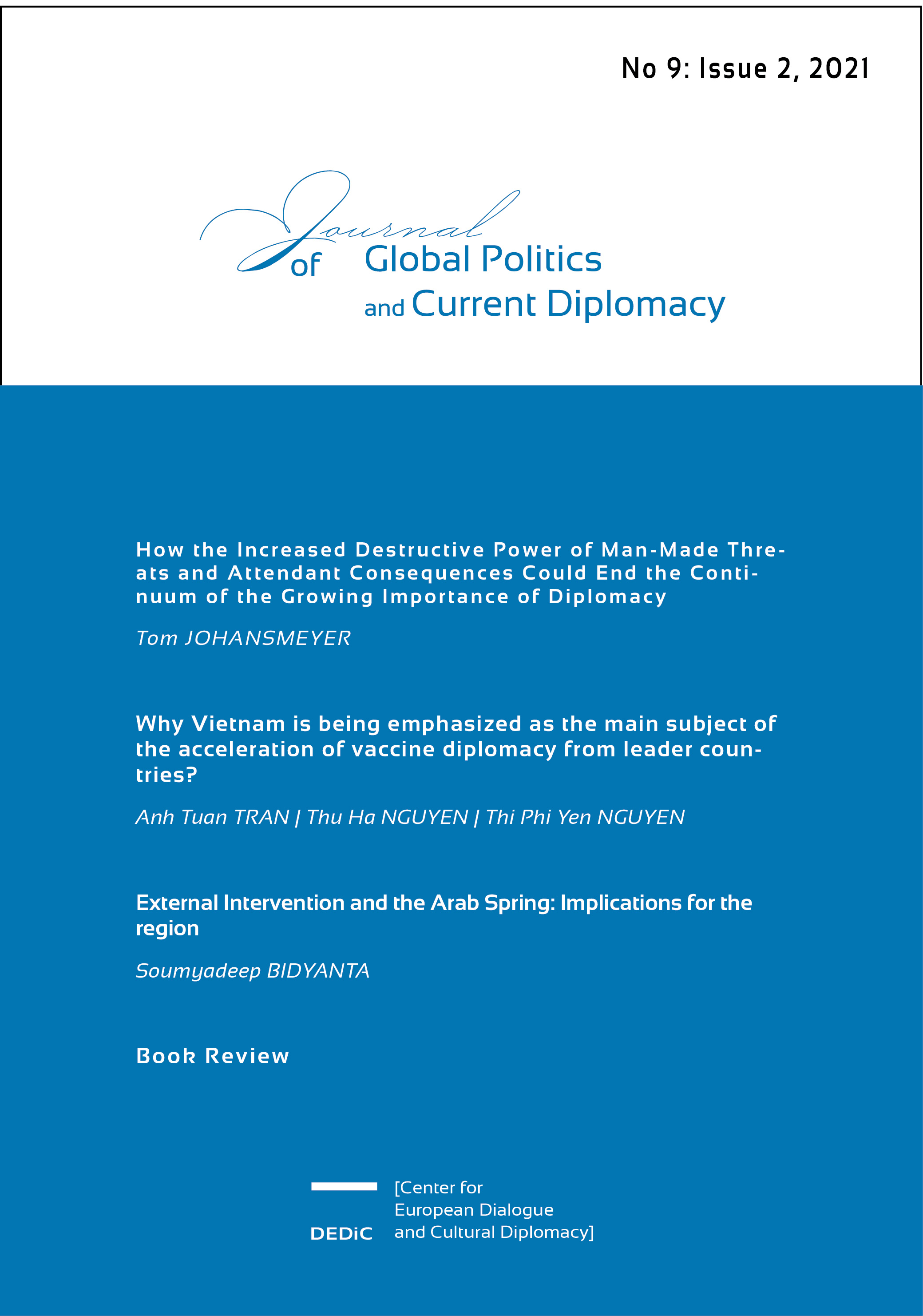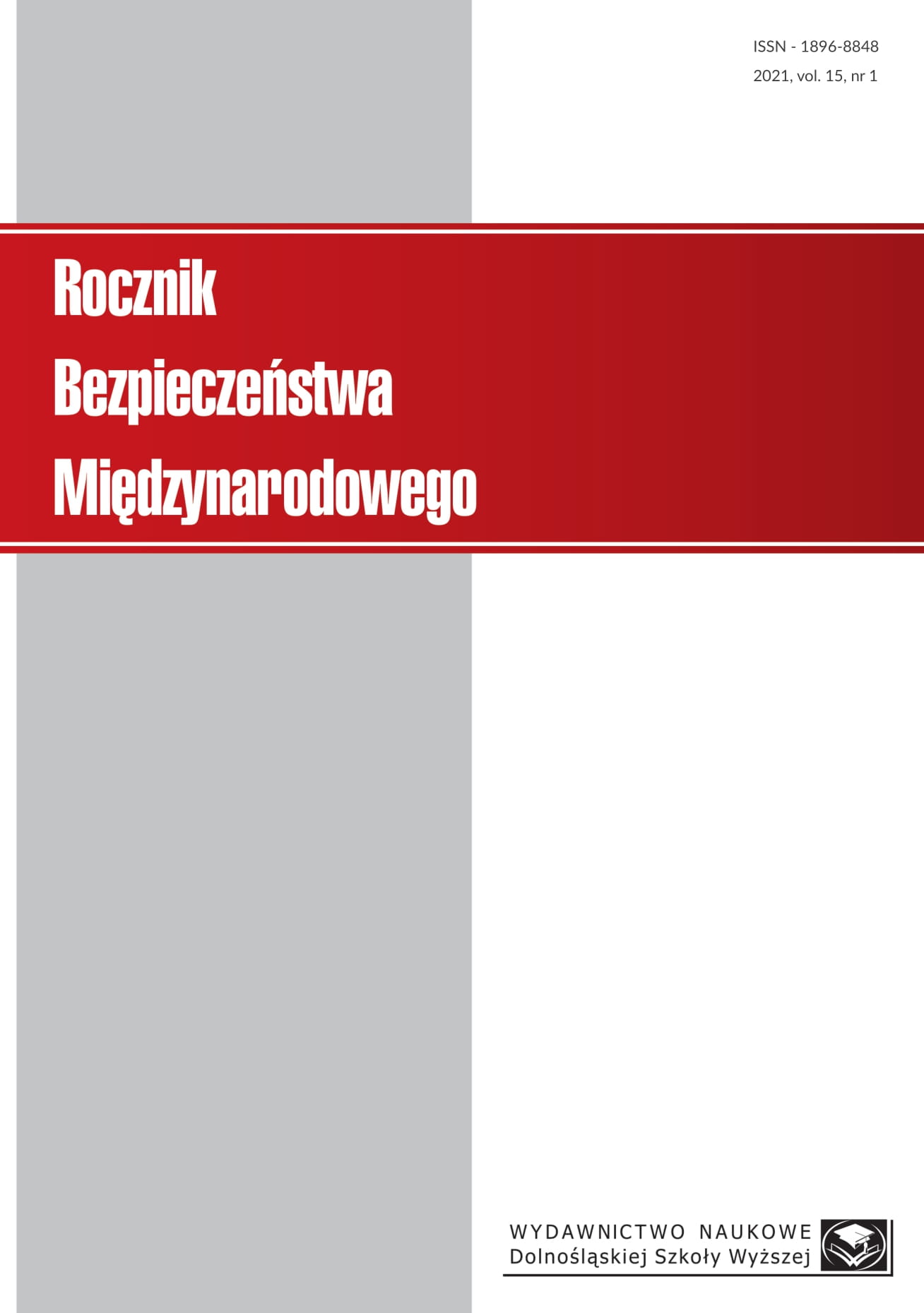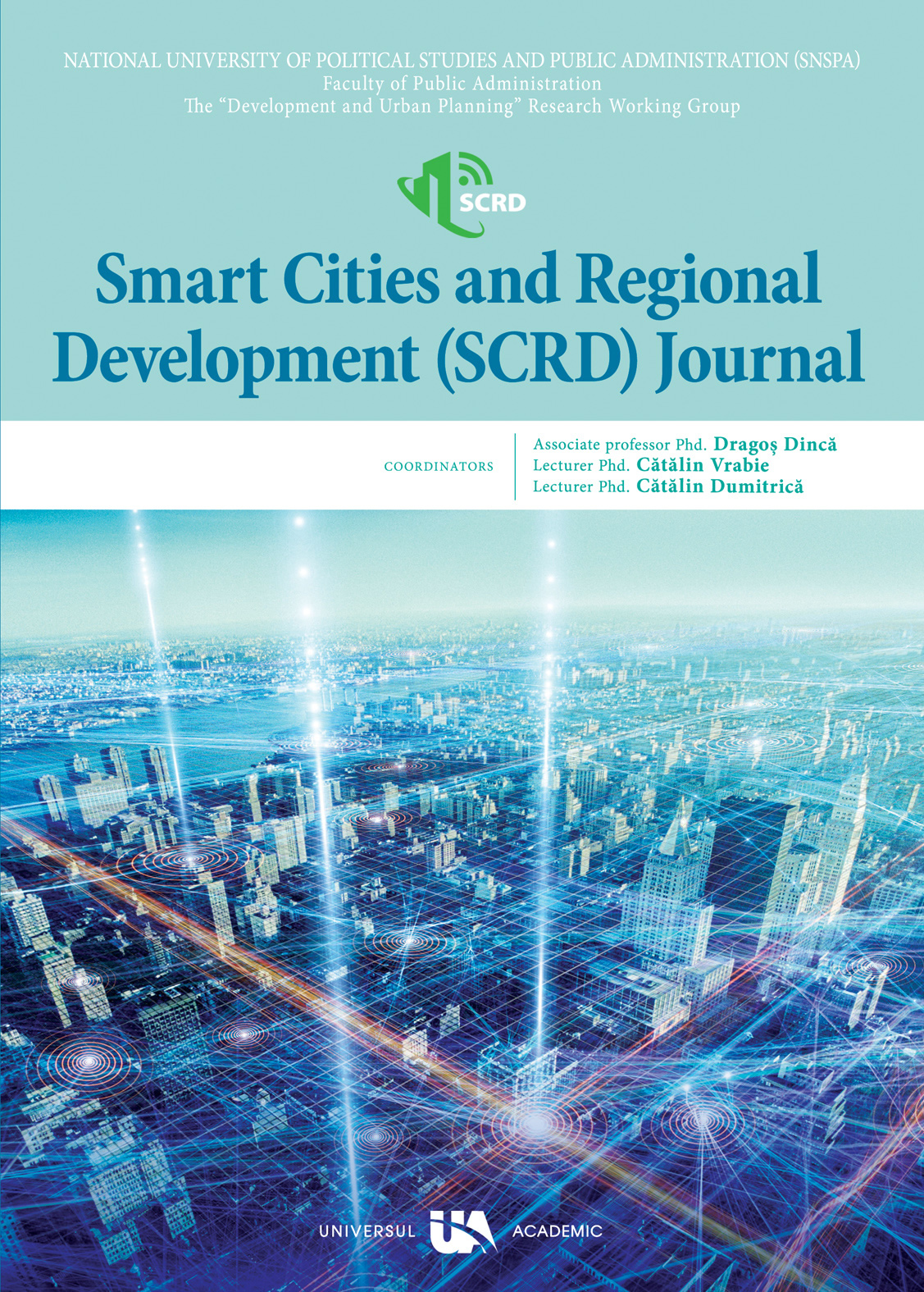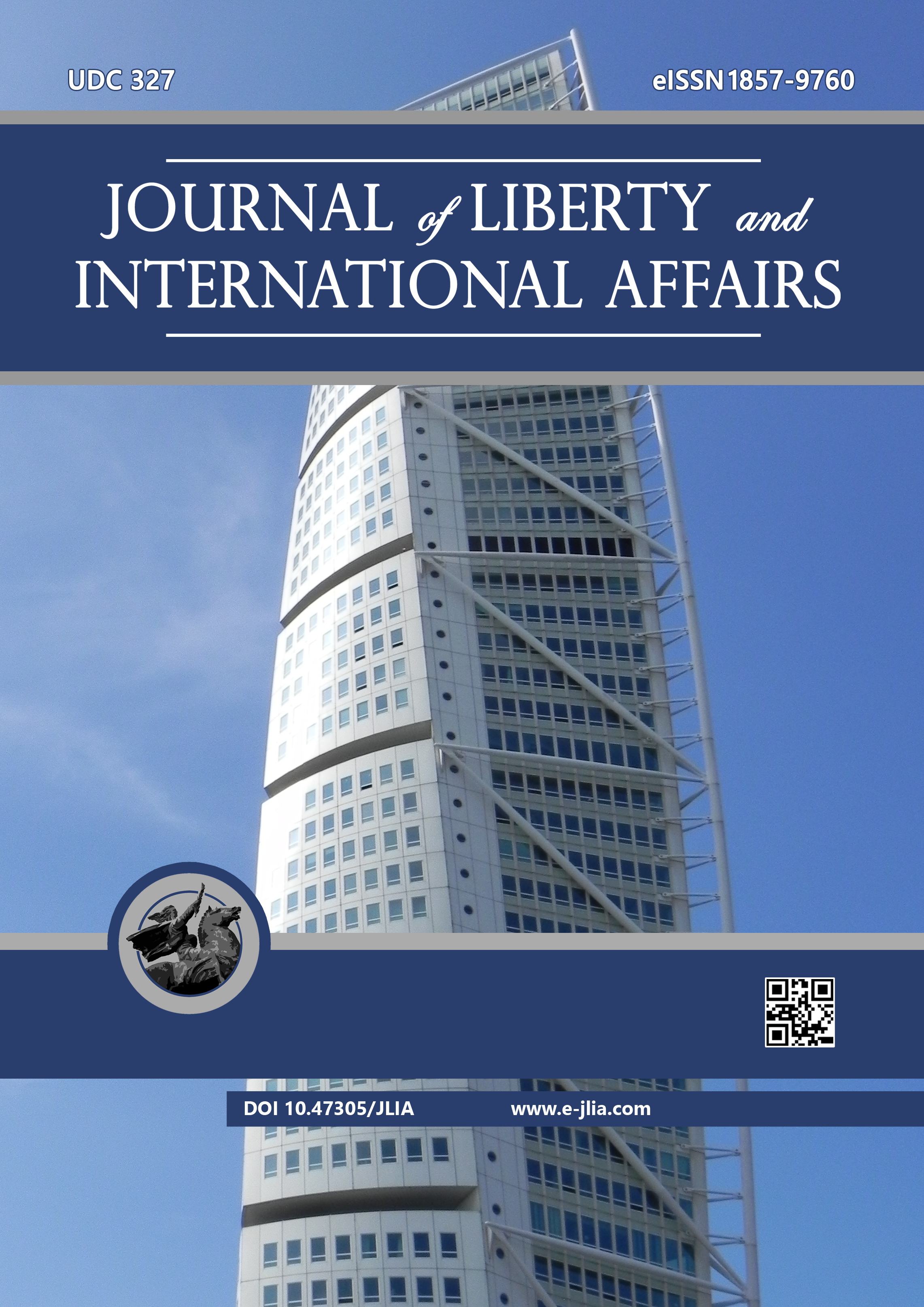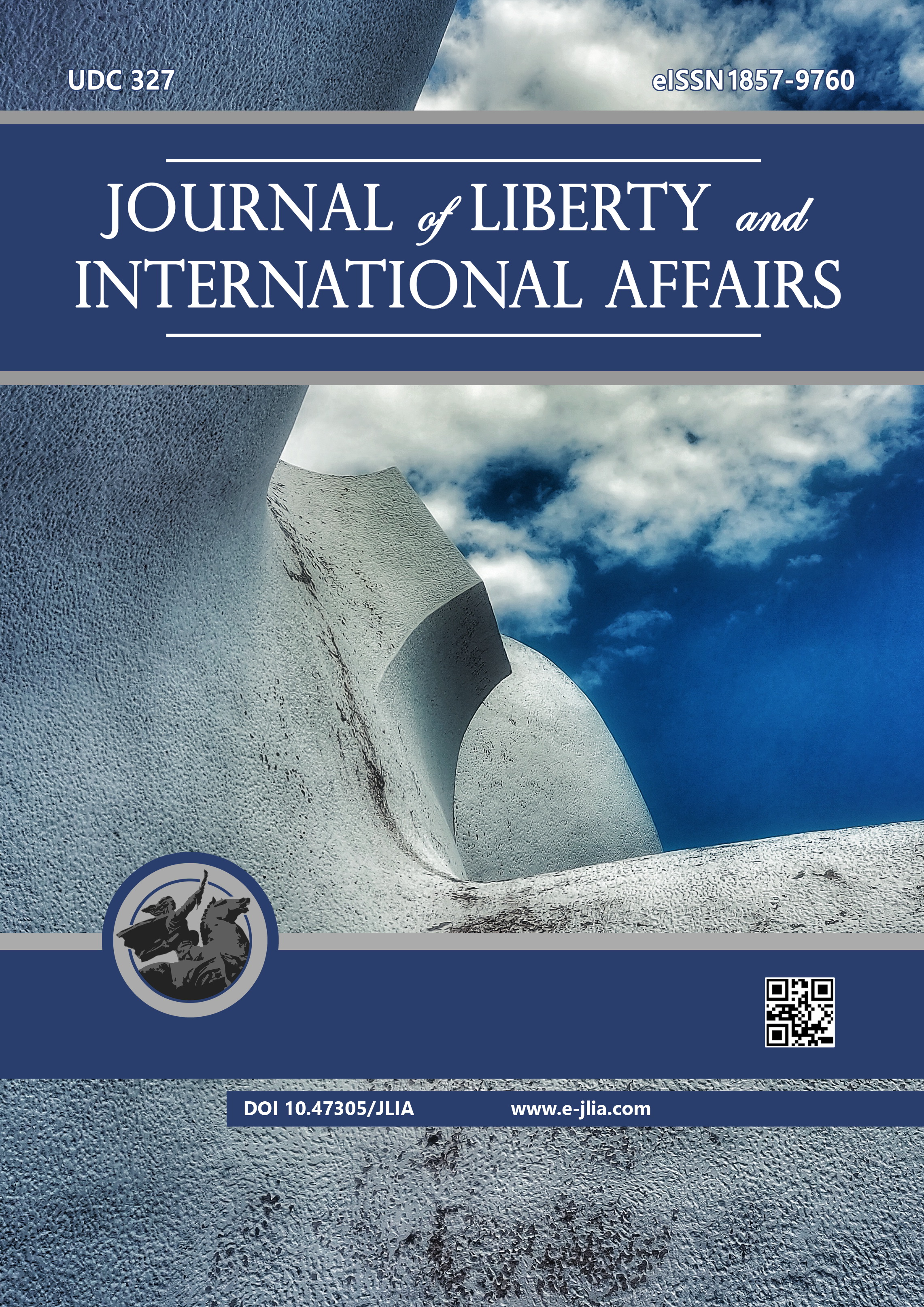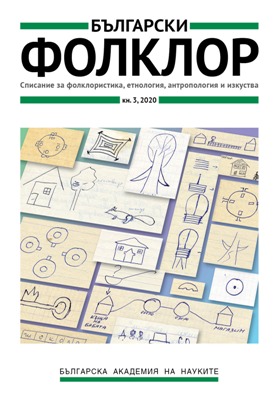
Фалшивите новини и фолклористичният подход към тях
The article develops and grounds the necessity of a folkloristic perspective towards the phenomenon of fake news, which has already been suggested in some publications by American folklorists. It discusses the milieu of fake news’ distribution with a focus on the cultural characteristics of Web 2.0 and the cultural dynamics which take place in it. As a possible theoretical frame of analysis, the author proposes the conceptual intersection of two scholarly disciplines: media studies and folkloristics. She presents the various genre forms that are usually defines as “fake news”; the possible transformations and hybrids; and the main active subjects of their creation. Along with that, attention is paid to the sociocultural processes, the specificities of distribution and the patterns of reception and reaction. The discussion is supported by examples from the Bulgarian internet space.
More...
